Step by step, the automotive supplier Bosch is transforming into a software provider, aiming for “billion-dollar revenues.” However, revolutionary applications are still missing.
Bosch is taking on all the world’s head-nodders. The world’s largest automotive supplier promises that with new technology, braking will be so smooth it will feel like riding with a chauffeur, Bosch CEO Stefan Hartung assured attendees at the company’s annual technology event, Bosch Tech Day.
In practice, it works like this: A specially equipped Jaguar I-Pace creeps up a hill on Bosch’s test track in Renningen near Stuttgart, brakes, and comes to a halt without the usual head-nod jerk experienced by passengers.
Certainly not an automotive revolution, but a comfort gain for some. This feature is made possible by new software that links the brakes, clutch, and engine, and controls other car parts like screens and infotainment systems via a chip. Experts often refer to this as a “software-defined car.”
This term sounds like a lifeline for German automotive suppliers. With hardware alone—such as fuel injectors, brake pistons, and tires—earning money is becoming increasingly difficult. In contrast, onboard computers, chips, and software that control mechanics seem to be new sources of revenue.
“The rise of software will fundamentally change the automotive industry,” Hartung said. The company is already making money with vehicle computers. Bosch claims to have earned “nearly four billion euros” in the last three years. By the end of the decade, the company aims to generate “billion-dollar revenues” annually with software. Whether this will actually happen remains uncertain. As of now, despite many announcements, the big breakthrough has yet to come. It’s unclear if future revenues will be enough to replace the old hardware business—and whether suppliers will be the ones to benefit the most from the much-discussed IT revolution.
One in six employees in the automotive division is an IT developer
Bosch’s transformation into a significant IT producer is noteworthy. The company now employs more than 48,000 software developers, 42,000 of them in the mobility sector, which is almost one in six employees in the division. These changes were initiated by Hartung’s predecessor Volkmar Denner, and his successor continues on this path. To underline the digital importance for the car, Hartung recently revamped the company structure completely. Since the beginning of the year, the entire mobility division has been consolidated. Future topics like semiconductors and autocomputers run as cross-sectional areas throughout the product range.
Benjamin Lee is a freelance journalist and researcher with a keen eye for uncovering relevant stories. Known for his in-depth approach and insightful analysis, he covers a variety of topics with a commitment to accuracy and depth.



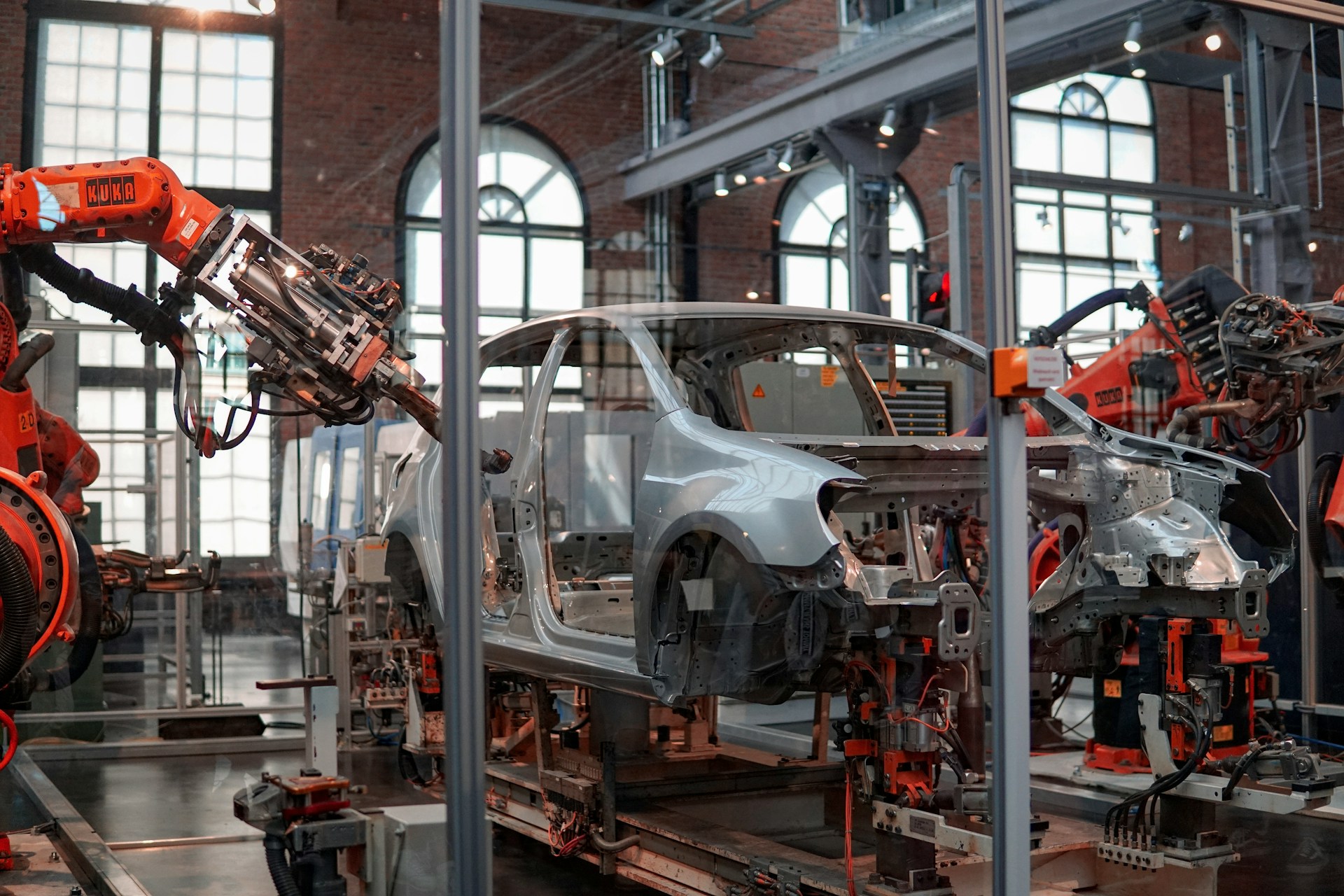

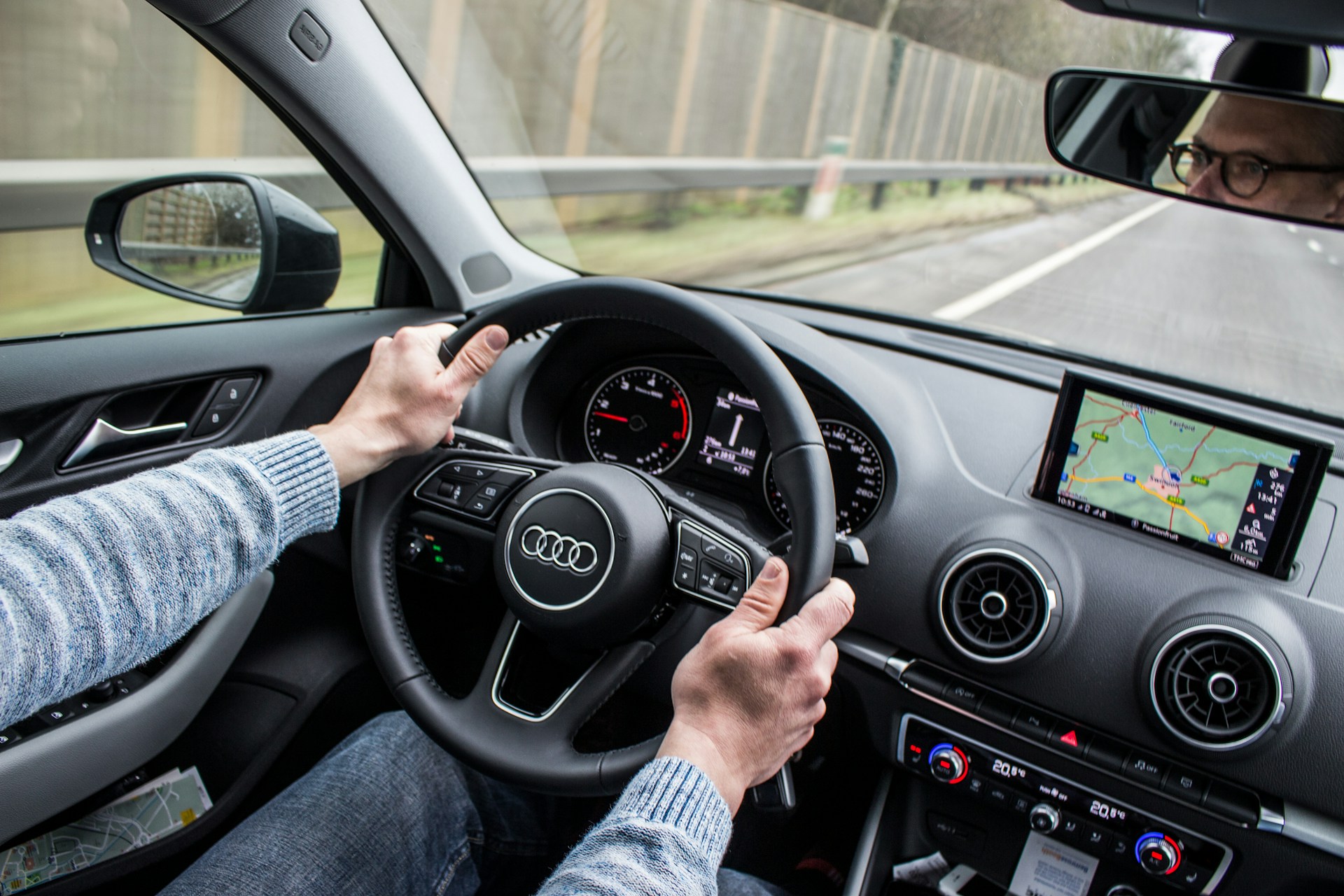
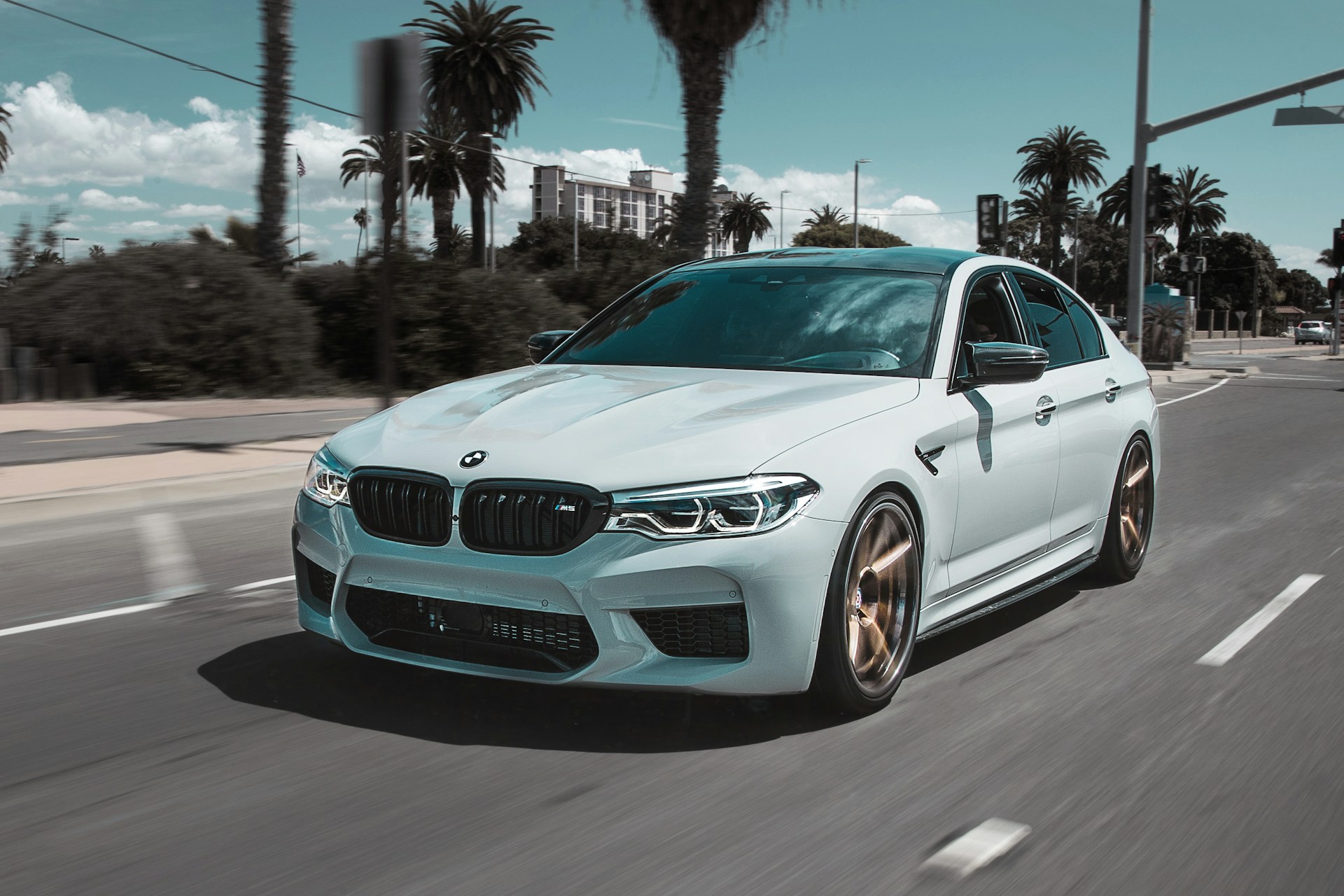

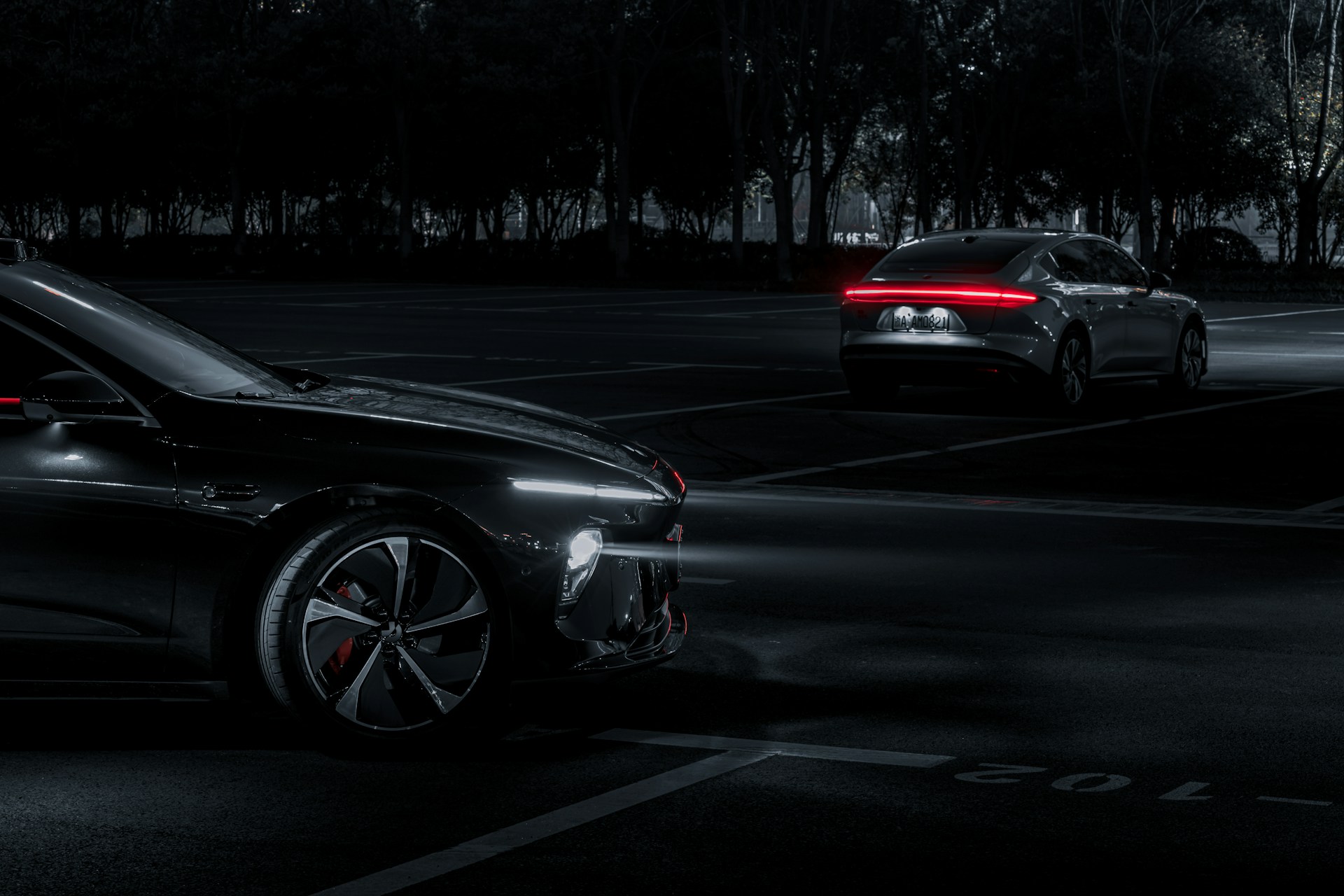
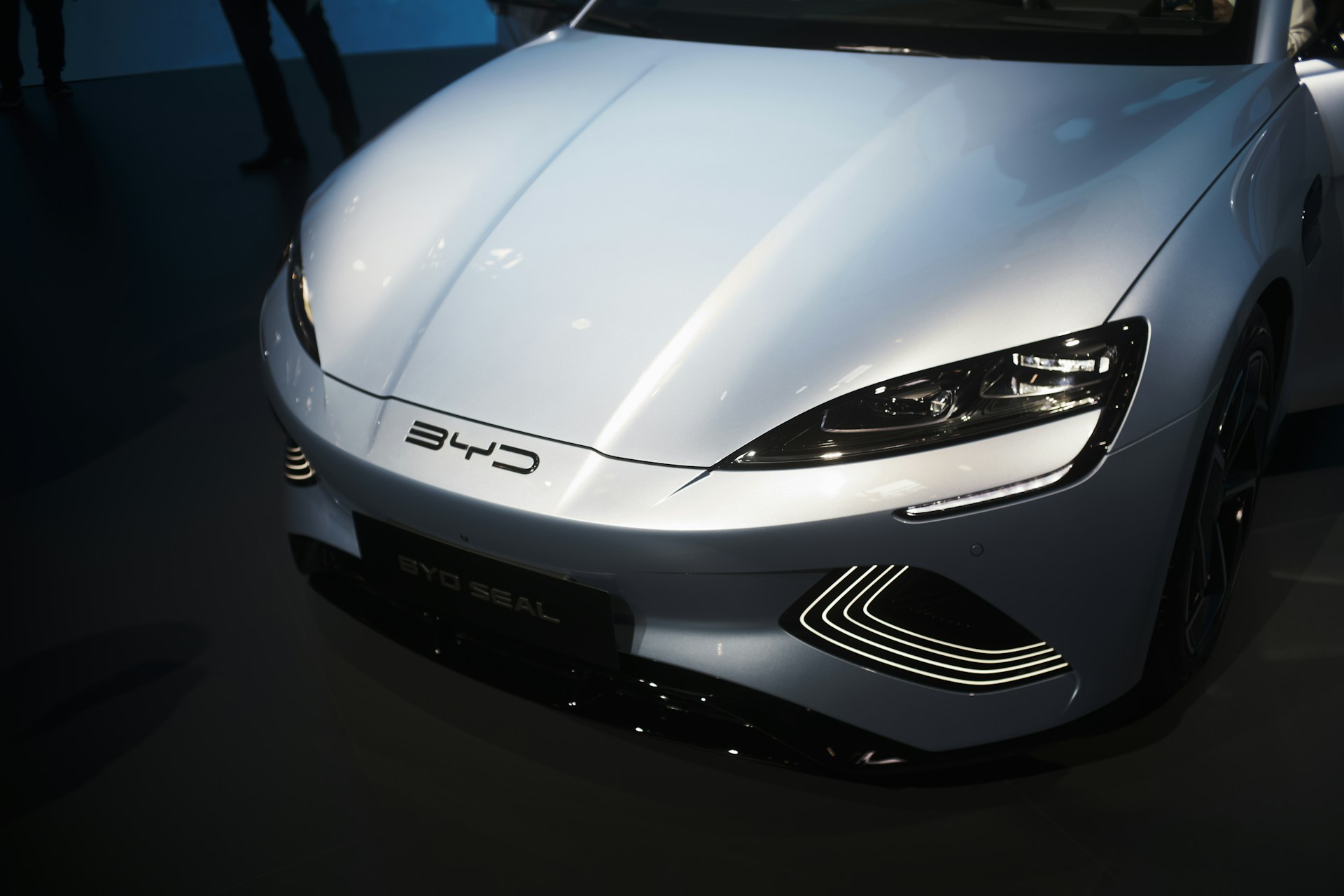
Got a Questions?
Find us on Socials or Contact us and we’ll get back to you as soon as possible.